UPMC
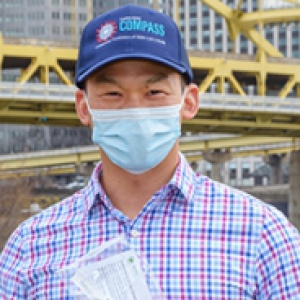
Monday, April 5, 2021
Pitt is one of 15 sites that will survey area residents to learn who has antibodies against SARS-CoV-2 and who is carrying the virus at the time of the test.
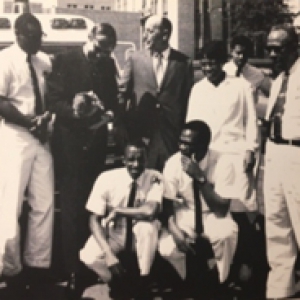
Friday, February 26, 2021
In the 1960s, Pittsburgh hosted one of the first professional ambulance services in the nation, Freedom House. A new partnership is building on that legacy and once again changing the face of prehospital care.
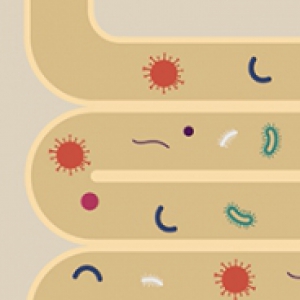
Friday, February 5, 2021
Changing the bacteria in the gut can help patients with advanced melanoma respond to immunotherapy, according to a Pitt-UPMC study published in Science.
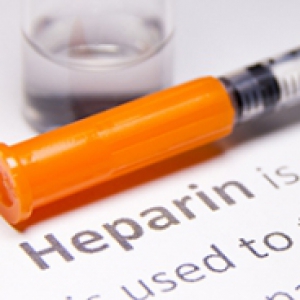
Friday, January 22, 2021
Pitt-Led NIH Trial Platform Shows Blood Thinners Decrease Need for Life Support in COVID-19 Patients
Early results of the trial, which is part of a three-trial platform consortium spanning more than 300 hospitals worldwide, found that full doses of heparin, a blood thinner, were not only safe but also reduced the need for vital organ support, such as ventilation.

Tuesday, December 15, 2020
Optimism is hardwired in most humans, says public health professor Steve Albert. If you don’t feel like you’re one of them right now, here are three perspectives on why, despite all that 2020 brought us, things are looking brighter.

Thursday, September 3, 2020
A study led by pathology’s Samira Kiani and published today in Nature Cell Biology showed that a new approach to CRISPR briefly suppressed genes to control the immune response in mice, making gene therapy delivery more effective.
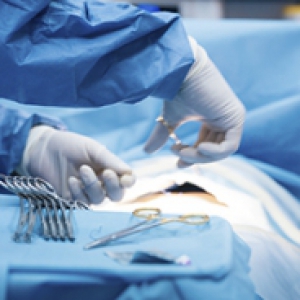
Monday, May 11, 2020
A new School of Medicine discovery in mice showed the innate immune system has "memory" that, when inhibited, lengthens organ transplant survival.

Monday, March 23, 2020
The Coalition for Epidemic Preparedness Innovations is committing nearly $5 million to a consortium that includes the University of Pittsburgh’s Center for Vaccine Research to develop a vaccine for the novel coronavirus.



